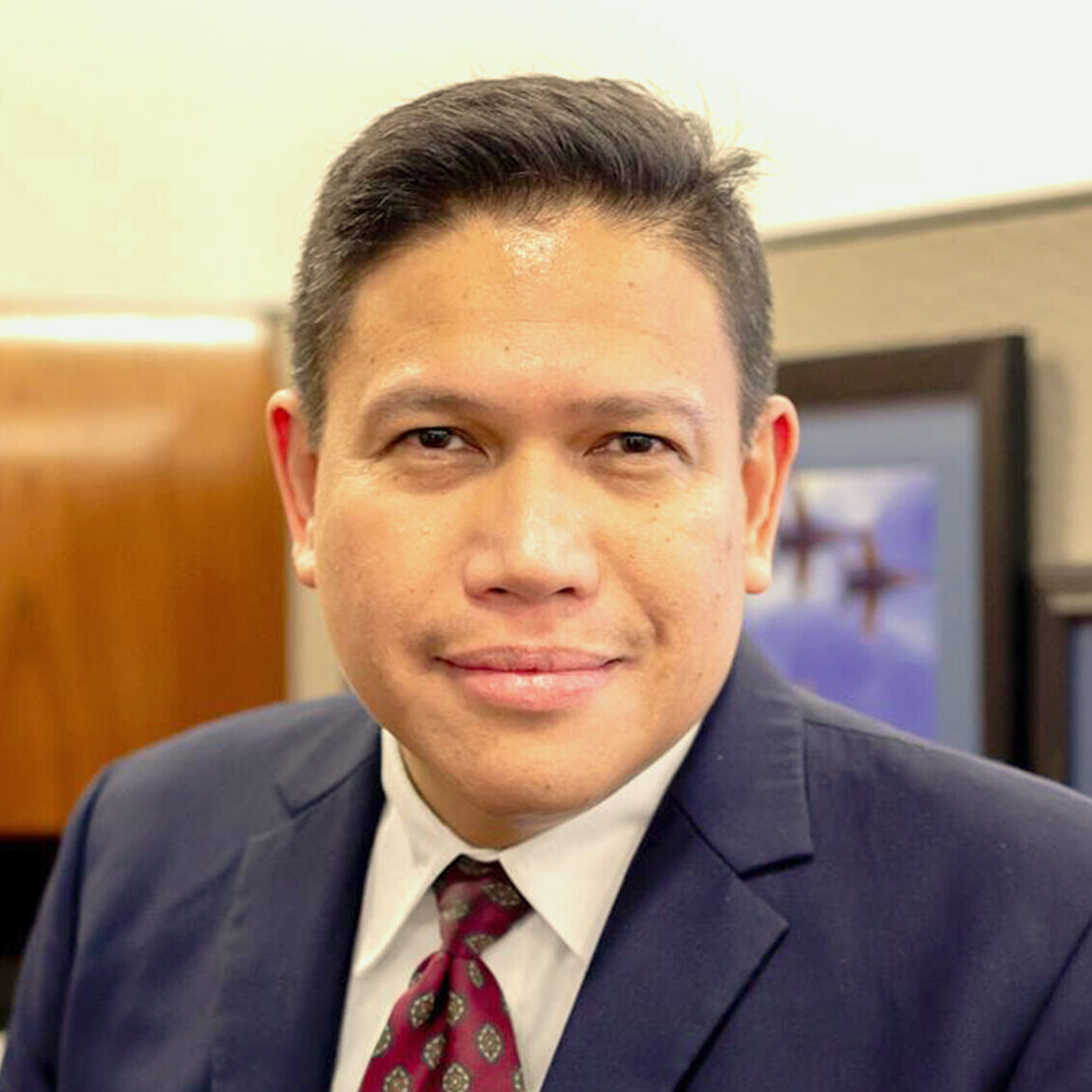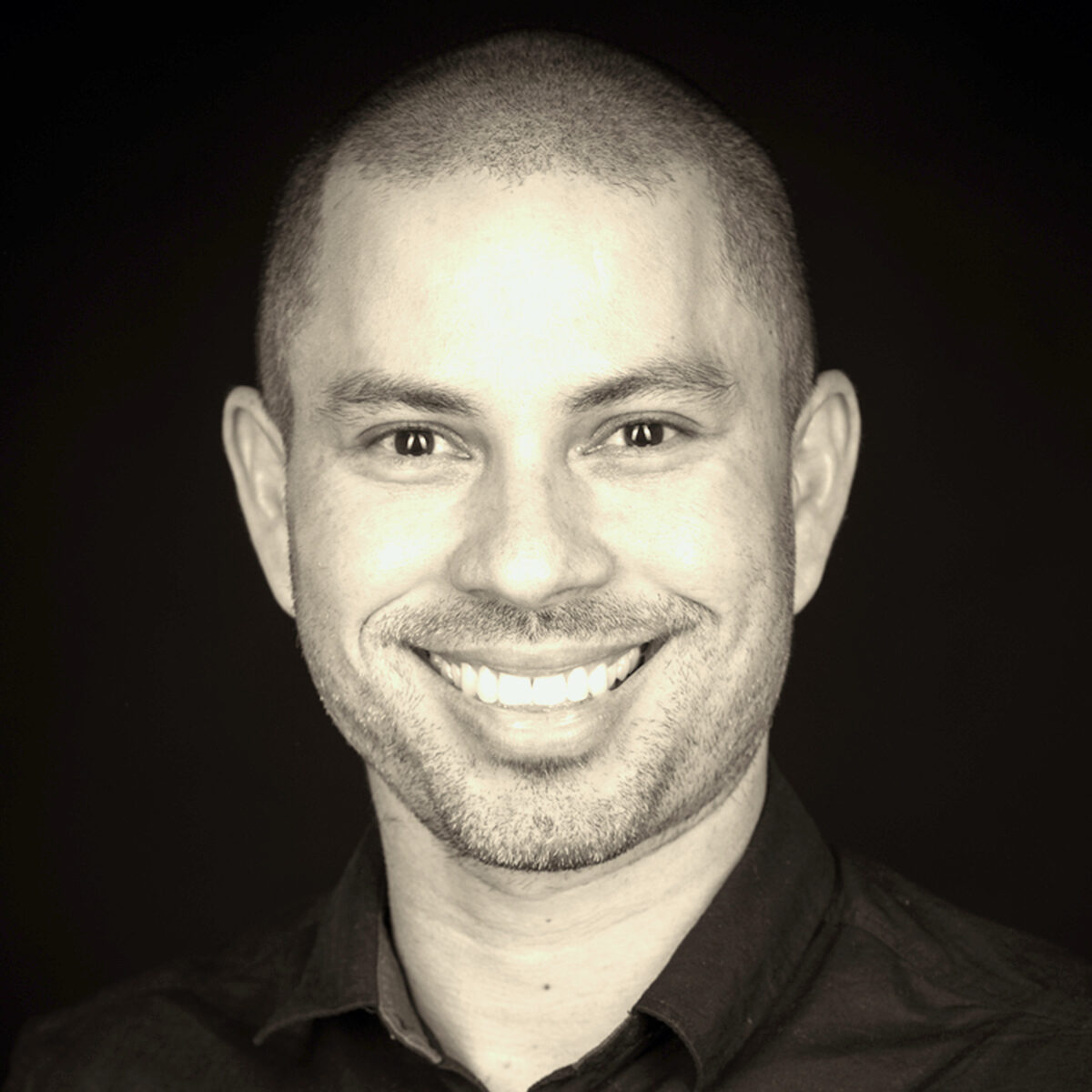How has/will your experience at Harvard Extension School help you in your career or personal development?
My Harvard education grounded my learning of theories and concepts of environmental sustainability, particularly of how that relates to social justice and cultural sensitivity. I would never have been able to connect the dots of human activity, global environmental change, and the impact on equality and equity concretely otherwise without my time in Cambridge. Through my education, I learned how to deal with the challenges of working in the real world, not an isolated Harvard bubble setting.
What was the most challenging aspect of your time at Extension? What was the most rewarding?
In late 2018, I received military orders as a U.S. Navy Reservist to report for active duty and deploy to the Horn of Africa. As a foreign service officer, I had to leave my family behind at U.S. Embassy Manila and report to Djibouti in January 2019. This tour of duty was particularly challenging due to security challenges. On 30 September 2019, Al-Shabaab militants staged a simultaneous car bomb and gun attack at a U.S. military base in Baledogle, Somalia. It was challenging to work on HES coursework in the evening while trying to operationally respond to the force protection requirements of U.S. forces in Somalia during the day. And that was just one of two tour duties. The other demanding tour of duty was at U.S. Embassy Kabul in Afghanistan from 2016-2017, where we experienced mortar attacks on the base. Somehow, I had to compartmentalize academic work and consider the environment I was in “the new normal,” and it all worked out. The most rewarding part was the resiliency I developed along the way that came out of these experiences; they made me stronger for the next challenge, the Covid-19 pandemic.
In what ways did the Covid-19 pandemic affect you over the past year? How did you manage those challenges?
In March of 2020 (a few months after the pandemic started), my family and I opted to depart Manila and return to the U.S. under the State Department’s Global Authorized Departure (G/AD) authority. G/AD allowed us to return to Northern Virginia, where I found myself working odd hours to synchronize my work schedule with my team in Manila, who was 13 hours ahead of U.S. eastern standard time. But I also had to work on my Harvard capstone course during the day. G/AD gave the Raneses family a chance to check in with a few family members and friends impacted by COVID-19 and pay respects to those who succumbed to the disease. We appreciated moments of breaking bread during “Taco Tuesdays” with my wife and kids and getting lost at the tranquil Waterfront Park in Old Town Alexandria, Virginia. The COVID-19 pandemic created a dent in my psyche significantly, but that never stopped me from knowing what is essential in the life-work balance.
What was your online learning experience like? How did you ensure success as a distance student?
My online experience was phenomenal, but I would have traded it for any opportunity to come back to Cambridge. HES instructors and staff managed our expectations, and my colleagues and I put in the hard work. To ensure 100% success, I had to negotiate every single chore in the house with my family and work with my federal agency to make sure I put in the time to focus on coursework. I remember writing papers creating video presentations while inside my 2011 Toyota Prius as my son played as Midfielder for Alexandria Soccer Association.
What types of student resources and special options did you take advantage of as a student at Harvard? How did they help?
I used HOLLIS and other Catalogs at Harvard Library plus the Harvard University Information Technology (IT) as the basis of support during my time in the program. Through Hollis, I was able to get everything I needed for my research work. Harvard gave me temporary permission to use download software such as Matlab, Stata, and SPSS available to FAS (and DCE) students like me to crunch the numbers. The best resource for me as a student was accessing Penn’s Wharton School database for the datasets I used for my capstone.
Do you have a favorite class or faculty member? Why?
I admired all faculty members during my time at Harvard. However, I truly appreciated Richard “Rick” Wetzler, PhD, my ENVR E-599 Independent Research capstone instructor. Rick knew the direction I was going in my research but he was so proactive in letting me go beyond my original research goals. As a result of Rick’s guidance, I was able to have my paper published in the November 2020 issue of the Harvard Extension Student Management and Finance Club e-journal, a scholarly platform for students and professors across Harvard University.
Do you have any advice for new students?
My advice is to find an area of specialty that blends well with personal work or academic background. Then pursue that subject matter with passion and keen interest. Don’t forget to negotiate every step of your intellectual engagement with your partner or family members so that the outcome of that Harvard degree will become a “win-win” for all parties concerned. Finally, enjoy the fruits of your labor as part of the learning process. As the Great Mahatma says: “Live as if you were to die tomorrow. Learn as if you were to live forever.”
Describe your Extension School experience in one word.
Roborante (invigorating).
This interview has been edited for length and clarity.

